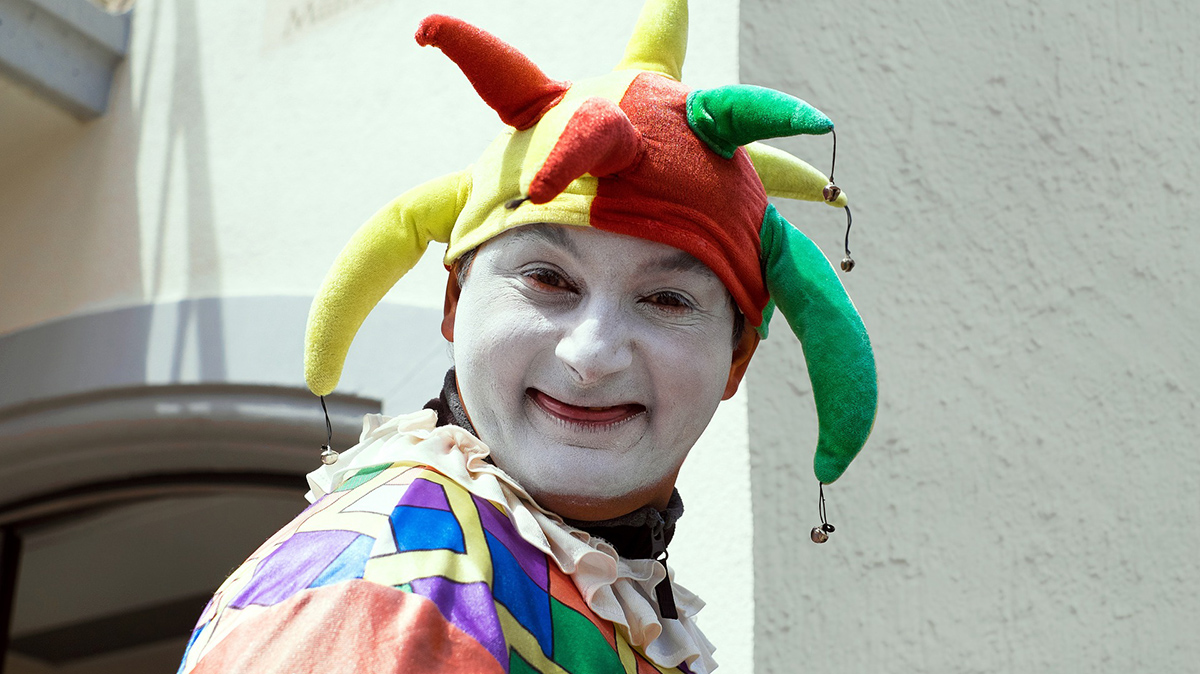Happy (early) April Fool’s Day.
I remember at school, on the last day of March, planning elaborate pranks with my friends in preparation for April 1. It was fun, the ideas were crazy—and we never followed through. They were too much—either too much risk or too much preparation. It was fun to dream though.
Instead, when April 1 rolled around we would tell silly jokes or try to trick our classmates with made-up stories.
Now the date passes, for me at least, with very little thought. This year I tried to find out the origins of the day. It was impossible. It seems people have made up the origins as April Fool’s jokes and the actual history of the day has been lost.
In early days in Europe, people tried to link the origins of April fools to the Bible. They said, sending people on foolish errands commemorated Jesus being sent back and forth between Pilate and Herod. Another attempted link was Noah’s errand of sending the raven from the Ark.
While no-one has come up with the real story, the Bible has a lot to say about fools.
There are two types of fool in the Bible.
Firstly, there is the fool described in the so-called wisdom books. This is a person who “hates knowledge”, “despises wisdom and instruction” (Proverbs 1), they “chatter”, “slander” and “lie” (Proverbs 10), they are proud, hot-tempered, mocking, love money, avoid discipline, don’t get along with others, disrespect their parents, are quick to quarrel . . . I could go on. This fool is used as a warning against certain types of behaviour and as a comparison point for recommended behaviour. [pullquote]
After reading all that, it doesn’t seem like being a fool is such a wise idea.
Yet would you believe I still hope to be called a fool?
I recently read about missionary William Borden. He died in Egypt from spinal meningitis while studying Arabic so he could reach out to Chinese Muslims. He was heir to a silver mining fortune. He had education, opportunity and money. Before leaving America he raised lots of money and set up missionary societies in the colleges he attended. He inspired many young men to mission; yet he never made it to his intended mission destination.
Engraved on his resting place in the American Cemetery in Cairo are these words: “Apart from Christ, there is no explanation for such a life.”
Will people say that about my life? I have always been careful by nature and risk averse. I like comfort, having all my worldly needs met. I do enough for the Church to assuage my guilt but spend my spare time and money on food and entertainment.
It’s time for me to ask myself some difficult questions. Where are my time, talents and treasures truly invested? Is my faith too comfortable? Does it appear foolish to others?
Maybe it’s time for me to start acting the fool for the sake of the gospel. The problem is, I care too much about what other people will think. I hesitate or self censor before I share my faith—watering down offensive and challenging doctrines.
I’ve attended a few church events recently and the message has been the same. Everyone wants to overcome challenges, grow the Church and see the kingdom flourish. We want to be a movement again. But that can only happen through church members personally and individually committing to revival. Only then will the Holy Spirit move and the Church corporate become a movement. That means I need to be more of a fool for God.
“For the foolishness of God is wiser than man’s wisdom . . . God chose the foolish things of the world to shame the wise” (1 Corinthians 1:25,27).
Heroic missionary martyr Jim Elliot put it this way: “He is no fool who gives what he cannot keep to gain what he cannot lose.”






